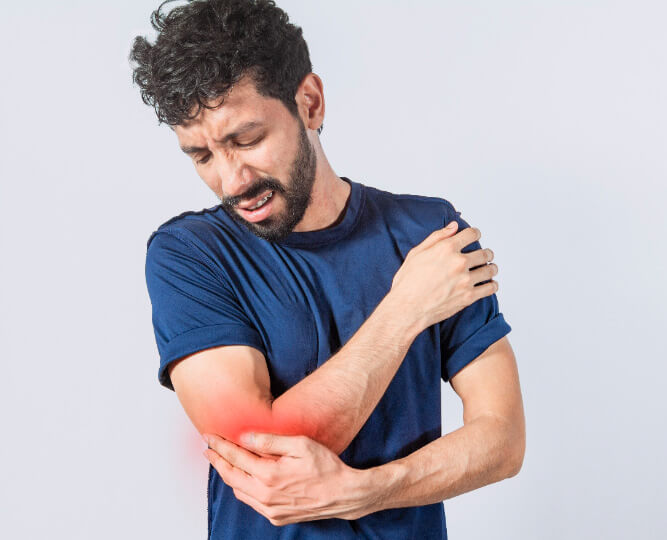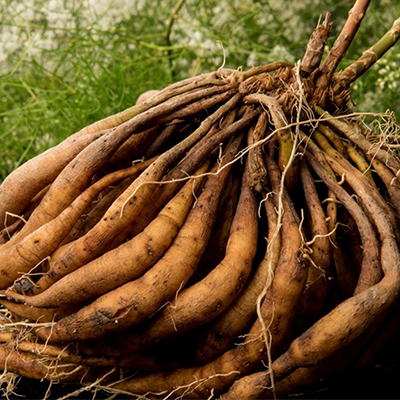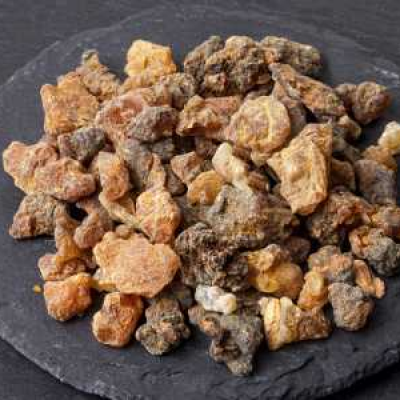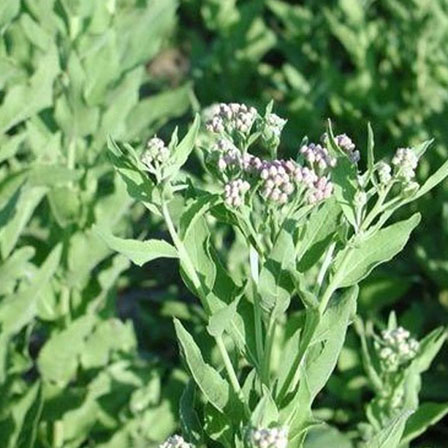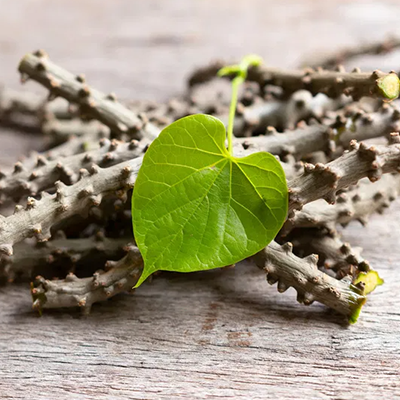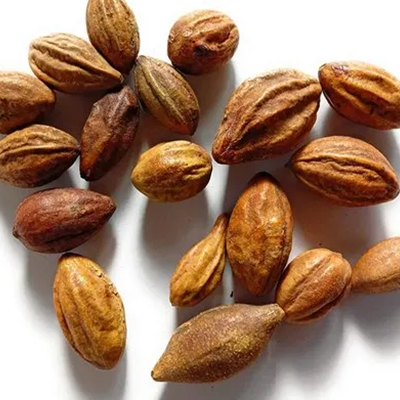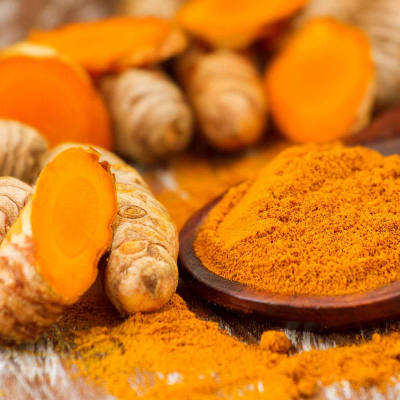Rheumatoid Arthritis (RA) is a chronic autoimmune disorder where the body's immune system mistakenly attacks its own joints, causing inflammation, pain, swelling, and stiffness. Over time, it can lead to joint damage and deformity. It primarily affects joints like fingers, wrists, knees, and feet but can also impact other parts of the body, including organs.
Causes of Rheumatoid Arthritis
The exact cause of RA is not fully understood, but it is believed to be due to a mix of genetic, environmental, and immune system factors:
Autoimmune Response
The immune system, which usually fights off infections, starts attacking the joint lining (synovium), leading to inflammation and damage.
Genetics
- People with a genetic marker called HLA-DR4 are more prone to developing RA.
Environmental Triggers
- Viral or bacterial infections can trigger an autoimmune response in genetically susceptible individuals.
Lifestyle Factors
- Smoking, obesity, and stress increase the risk of RA.
Hormones
- Hormonal changes, particularly in women, may play a role. RA is more common in women than men.
Signs and Symptoms of Rheumatoid Arthritis
RA primarily affects the joints but can also involve other systems in the body. Common symptoms include:
Joint Symptoms
- Pain, swelling, and stiffness in joints (usually symmetrical, i.e., both sides of the body).
- Morning stiffness lasting more than 30 minutes.
- Reduced range of motion and difficulty moving joints.
- Warmth and tenderness in affected joints.
Systemic Symptoms
- Fatigue, weakness, and low energy levels.
- Low-grade fever.
- Weight loss.
Other Body Involvement
- Eyes: Dry eyes, redness, or pain (Sjögren's syndrome).
- Lungs: Inflammation or scarring leading to shortness of breath.
- Heart: Increased risk of heart problems.
- Skin: Small nodules (bumps) under the skin, especially near joints.
Types of Rheumatoid Arthritis
Seropositive RA
- The body produces specific antibodies called Rheumatoid Factor (RF) or Anti-CCP antibodies, which are detected in blood tests.
Seronegative RA
- Antibodies are absent, but symptoms of RA are still present.
Juvenile Rheumatoid Arthritis
- RA that occurs in children below 16 years of age.
Diagnosis of Rheumatoid Arthritis
RA diagnosis involves a combination of:
Medical History and Physical Examination
- Checking for joint pain, swelling, and other symptoms.
Blood Tests
- Rheumatoid Factor (RF): Found in many RA patients.
Anti-CCP Antibodies
- More specific for RA diagnosis.
ESR and CRP
- Measure inflammation levels.
Imaging Tests
- X-rays, ultrasound, or MRI help identify joint damage and progression.
Ayurvedic Perspective of Rheumatoid Arthritis
In Ayurveda, Rheumatoid Arthritis closely resembles a condition called "Ama Vata".
- Ama: Toxins produced due to improper digestion and metabolism.
- Vata: The dosha responsible for movement and lubrication in joints.
When Ama accumulates in the body and combines with aggravated Vata, it gets deposited in the joints, leading to pain, swelling, and stiffness.
Ayurvedic Treatment for Rheumatoid Arthritis
The goal of Ayurveda in treating RA is to:
- Remove Ama (toxins).
- Balance Vata dosha.
- Strengthen digestion (Agni) to prevent further toxin build up.
Panchakarma Therapy (Detoxification)
Panchakarma is highly effective for eliminating toxins and rejuvenating the body:
- Virechana (Purgation): Removes excess Pitta and toxins from the body.
- Basti (Medicated Enema): A key treatment to balance Vata dosha and lubricate joints. Herbal oils or decoctions are used.
- Abhyanga (Oil Massage): Medicated oil massages like Mahanarayan Taila or Dhanvantaram Taila reduce pain and stiffness.
- Swedana (Steam Therapy): Induces sweating to reduce inflammation and stiffness.
Diet Recommendations
Foods to Avoid:
- Fried, oily, processed, and cold foods that increase Ama.
- Sour and spicy foods that aggravate Pitta.
Foods to Include:
- Warm, light, and easily digestible foods like khichdi (a mix of rice and lentils).
- Cooked vegetables, soups, and herbal teas.
- Spices like ginger, turmeric, cumin, and ajwain to improve digestion.
Drink Warm Water:
- Drinking warm water throughout the day helps flush out toxins.
Lifestyle Changes
Regular Gentle Exercise:
- Yoga and stretching help maintain joint mobility without straining the body. Poses like Vrikshasana (Tree Pose) and Bhujangasana (Cobra Pose) are beneficial.
Manage Stress:
- Meditation, deep breathing (Pranayama), and mindfulness reduce stress, which can worsen autoimmune conditions.
Sleep and Rest:
- Adequate rest is essential to recover and rejuvenate the body.
Avoid Cold Weather and Damp Conditions:
- Protecting joints from cold helps reduce Vata aggravation.
Herbal Medicines
Ashwagandha (Withania somnifera)
A natural anti-inflammatory that strengthens the joints and reduces fatigue.
Guggulu (Commiphora mukul)
Yograj Guggulu or Mahayograj Guggulu are effective for reducing pain and inflammation.
Rasna (Alpinia galanga)
Helps reduce joint pain and stiffness.
Guduchi (Tinospora cordifolia)
Boosts immunity and reduces inflammation.
Haritaki and Triphala
Aid digestion and help in eliminating Ama.
Turmeric (Curcumin)
Known for its strong anti-inflammatory properties.
Rheumatoid Arthritis is a painful autoimmune condition that affects joints and can impact other parts of the body. Ayurveda views it as "Ama Vata", caused by toxin accumulation and Vata imbalance. Ayurvedic treatments focus on detoxifying the body, strengthening digestion, and pacifying Vata dosha. Therapies like Panchakarma, herbal remedies, and dietary and lifestyle changes provide holistic relief, addressing both the root cause and symptoms for long-term management.


